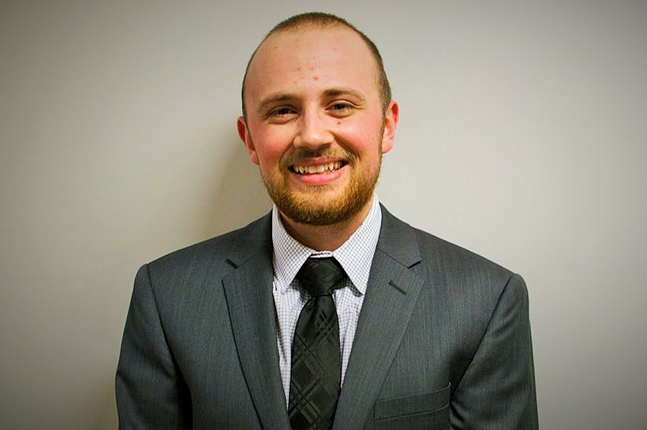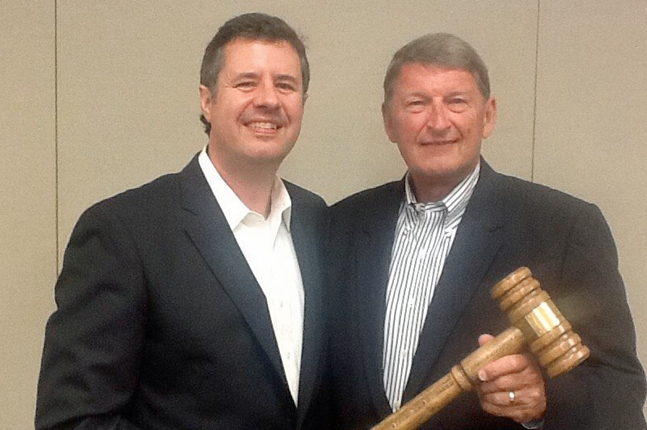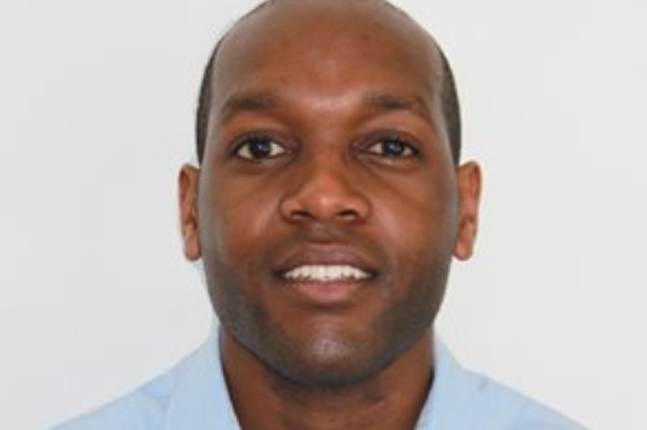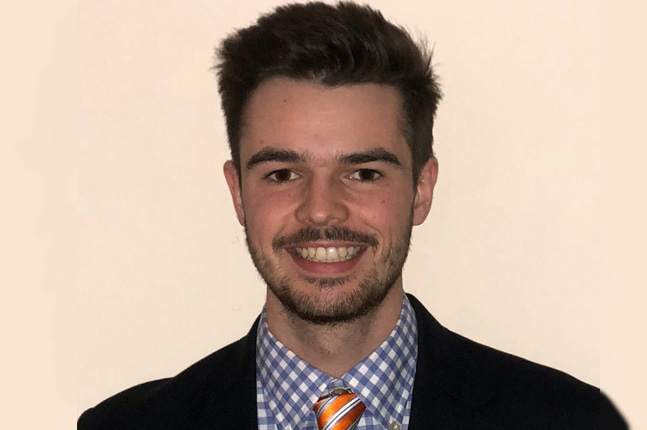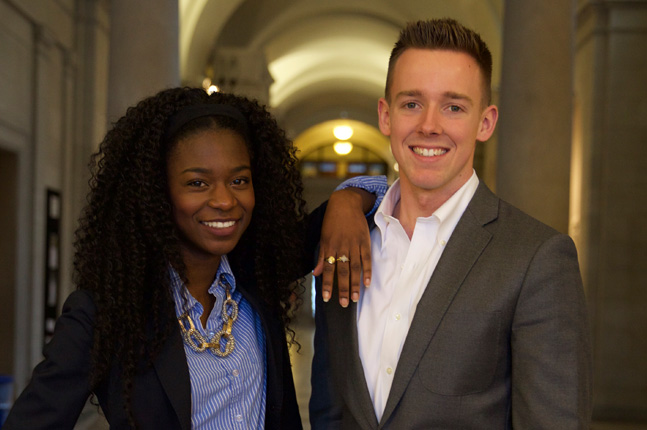As told by Jacob himself.
My story starts when I was eleven years old. In December of 2005, I was diagnosed with Ewing’s sarcoma. One rainy night in November, I was rollerblading in my garage when my leg hurt. Later that night, I found a bump on the inside of my right leg. After a couple months and several doctors’ visits, I was told that I had cancer. As an eleven year old, you really don’t understand what that means. I felt a variety of emotions. Some days I felt scared, some days I felt indifferent and others I felt really angry. However, throughout the entire process, I felt that I had a clear choice: I could fight or I could die.
For six months after my diagnosis, I went through extensive chemotherapy after which the tumor in my bone and soft tissue was removed. I felt that my fight was finally over, but after the tumor was analyzed, it was determined that the tumor still contained live cancer cells. At that point, my doctor informed me that I would need more chemo and eventually an adult stem cell transplant. So the process started all over again. I had four or five months of chemo while stem cells were collected for the transplant, and in December of 2006, I received my stem cell transplant and my road to recovery began.
After I began to heal and recover from the treatments, I was embarrassed. I didn’t want anyone to know that I had been a cancer patient. I didn’t want to talk to anyone about being sick, and I hated when people looked to me as a role model. I watched my own grandpa die from a brain tumor and the entire time he would say, “If Jake can do it, so can I.” This destroyed me. I never wanted attention just for simply surviving. My own doctor, the man who arguably saved my life, asked me to be a part of a promotional video for the research hospital, but I wouldn’t do it. Shortly after I told him no, he died from a heart attack while hiking the Grand Canyon. At this same time, I went to a conference with my church’s youth group, and the speaker gave a presentation about boldly sharing your testimony. It was a combination of all these events that finally made me realize what I needed to do, so I entered college with the intent to become an oncologist.
After arriving at Butler University, I became involved in the Pre-Medical society that was started by a Phi Delt. I joined Relay for Life, an organization that was also predominately Phi Delts. The men I met in this chapter encouraged me to follow my dreams and to share my story. For this reason, I joined the Fraternity in the Spring of 2014. Joining the Fraternity has done nothing but confirm my belief that helping people with cancer is what I need to do with my life. Everyone in Phi Delta Theta has been nothing but supportive of me and my dreams, and I can honestly say that their support will continue to inspire me throughout the rest of my life.

